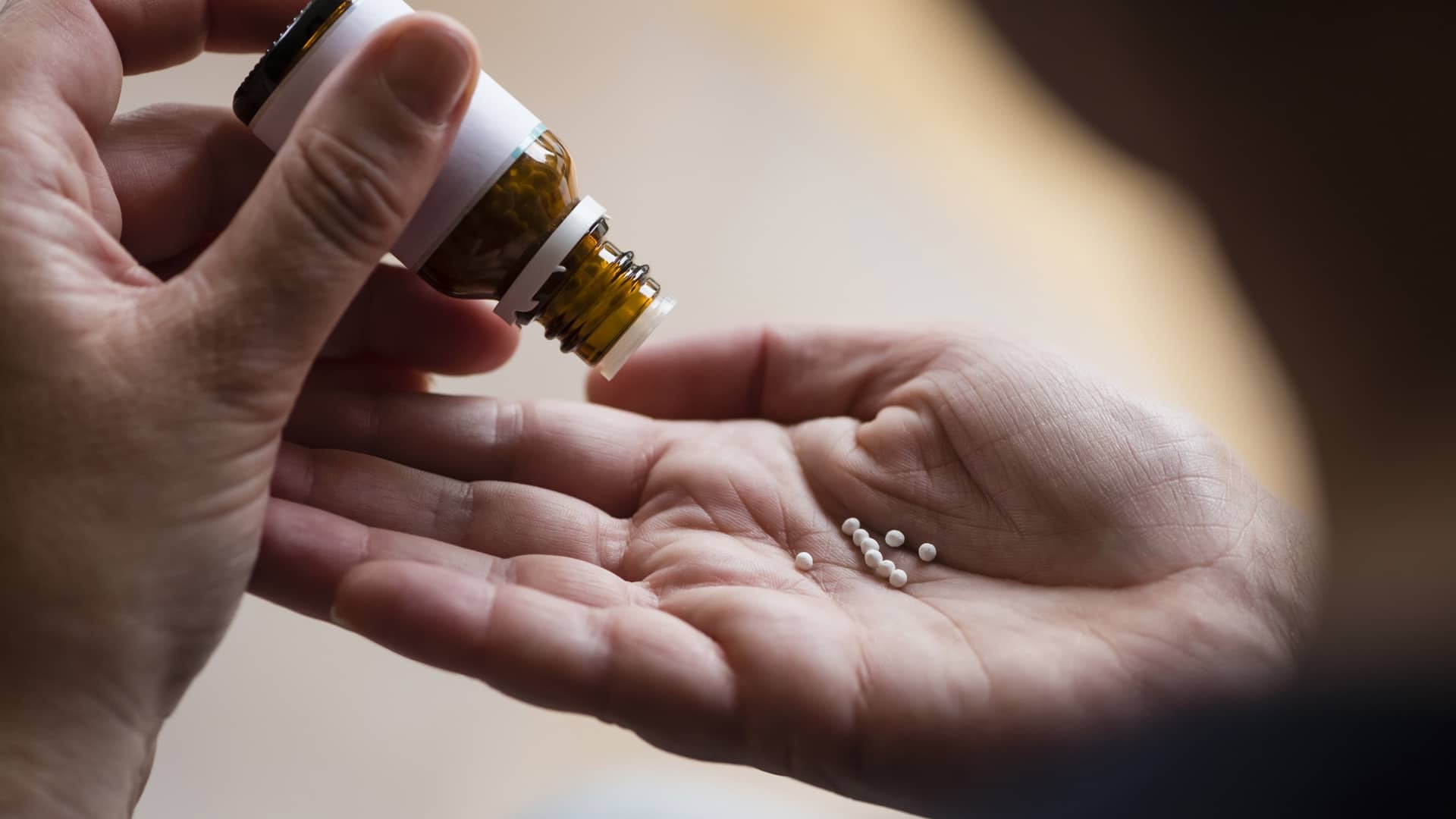
Homeopathy is a form of alternative medicine that has sparked curiosity and debate for centuries. But what exactly is homeopathy? In simple terms, it’s a practice where patients are treated with highly diluted substances that aim to trigger the body’s natural healing processes. Is it effective? Opinions vary widely. Some swear by its benefits, while others dismiss it as pseudoscience. How did it start? It was developed in the late 18th century by Samuel Hahnemann, a German physician. Why is it controversial? Critics argue that the dilutions are so extreme that no active ingredient remains, making it no better than a placebo. Yet, why do people still use it? Many find relief and comfort in its holistic approach, focusing on the individual rather than just symptoms.
What is Homeopathy?
Homeopathy is a form of alternative medicine that has been around for over two centuries. It involves using highly diluted substances to treat various ailments. Let's dive into some intriguing facts about this practice.
-
Homeopathy was founded by Samuel Hahnemann in the late 18th century. He was a German physician who believed that "like cures like."
-
The term "homeopathy" comes from the Greek words "homoios" (similar) and "pathos" (suffering).
-
Homeopathic remedies are made through a process called potentization, which involves serial dilution and shaking.
-
Despite its dilution, homeopaths believe that the remedy retains a "memory" of the original substance.
How Homeopathy Works
Understanding the principles behind homeopathy can be quite fascinating. Here are some key points about how it is supposed to work.
-
Homeopathy operates on the principle of "like cures like," meaning a substance that causes symptoms in a healthy person can treat similar symptoms in a sick person.
-
Remedies are often diluted to the point where no molecules of the original substance remain, yet they are believed to be effective.
-
Homeopaths use a process called succussion, which involves shaking the solution vigorously between each dilution.
-
Homeopathic treatments are tailored to the individual, considering their physical, emotional, and psychological state.
Popularity and Usage
Homeopathy has a significant following worldwide. Here are some facts about its popularity and usage.
-
Homeopathy is particularly popular in Europe, India, and South America.
-
In India, homeopathy is recognized as one of the national systems of medicine.
-
The World Health Organization estimates that homeopathy is used by over 200 million people globally.
-
In the United States, homeopathic remedies are regulated by the Food and Drug Administration (FDA).
Controversies and Criticisms
Homeopathy is not without its critics. Here are some points of contention.
-
Many scientists argue that homeopathic remedies are no more effective than placebos.
-
Critics point out that the extreme dilutions used in homeopathy defy the principles of chemistry and physics.
-
Some studies have shown that homeopathic treatments have no significant effect beyond placebo.
-
Despite the controversies, many patients report positive outcomes from homeopathic treatments.
Homeopathy in Modern Medicine
How does homeopathy fit into today's medical landscape? Here are some insights.
-
Some doctors integrate homeopathy with conventional treatments, a practice known as integrative medicine.
-
Homeopathy is often used for chronic conditions like allergies, asthma, and arthritis.
-
It is also popular for treating minor ailments such as colds, flu, and headaches.
-
Homeopathic remedies are available over the counter in many countries, making them easily accessible.
Safety and Regulation
Safety is a crucial aspect of any medical treatment. Here are some facts about the safety and regulation of homeopathy.
-
Homeopathic remedies are generally considered safe due to their high dilution levels.
-
However, there have been cases of improperly prepared remedies causing harm.
-
In the European Union, homeopathic products must meet specific safety and quality standards.
-
The FDA requires that homeopathic remedies be labeled with their intended use and dilution level.
Interesting Tidbits
Here are some lesser-known facts that might surprise you.
-
Queen Elizabeth II is known to be a fan of homeopathy and has used it for many years.
-
The Nobel Prize-winning scientist Luc Montagnier has expressed support for the principles of homeopathy.
-
Homeopathy has been used to treat animals, with some veterinarians incorporating it into their practice.
Homeopathy's Intriguing World
Homeopathy's blend of history, controversy, and unique principles makes it a fascinating topic. From its origins with Samuel Hahnemann to its modern-day debates, this alternative medicine has sparked curiosity and skepticism alike. Some swear by its remedies, while others dismiss them as mere placebo. Despite the mixed opinions, homeopathy continues to attract followers worldwide.
Understanding its core ideas, like "like cures like" and extreme dilution, helps in grasping why it's both loved and criticized. Whether you're a believer or a skeptic, knowing these facts can help you make informed decisions about homeopathic treatments.
In the end, homeopathy remains a polarizing yet captivating subject. Its journey through time and its impact on health practices can't be ignored. Keep exploring, questioning, and learning about this intriguing world of homeopathy.
Was this page helpful?
Our commitment to delivering trustworthy and engaging content is at the heart of what we do. Each fact on our site is contributed by real users like you, bringing a wealth of diverse insights and information. To ensure the highest standards of accuracy and reliability, our dedicated editors meticulously review each submission. This process guarantees that the facts we share are not only fascinating but also credible. Trust in our commitment to quality and authenticity as you explore and learn with us.
